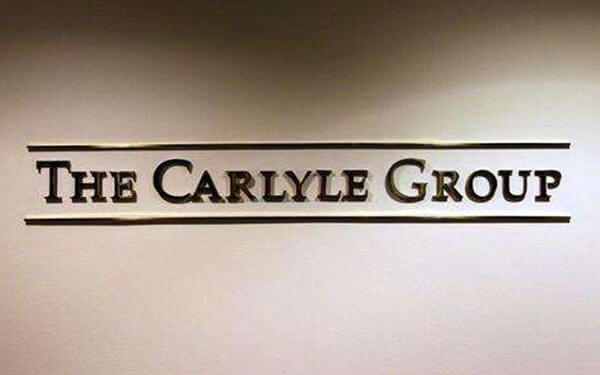
The head of private equity group Carlyle’s energy division is contributing $100m of his own money to its latest $4bn fund, as investors ratchet up pressure on top dealmakers to invest more out of their own pocket.
Marcel van Poecke, who oversees Carlyle’s international energy fund, has committed a similar amount from his personal fortune to the latest fundraising as he did in the last one, according to two people familiar with the matter.
Private equity investors expect senior managers, such as those at Carlyle, to deploy their personal wealth into deals they pursue and contributions are increasing as the size of funds swell.
“Investors want to ensure alignment of interest between themselves and the executives who manage their money,” said a veteran corporate lawyer.
Mr van Poecke is one of the most prominent energy dealmakers in the private equity industry globally. He founded and ran Swiss-based oil refiner Petroplus before selling it to Carlyle and its former New York-based partner Riverstone in 2005.
He left Petroplus in late 2007 following its listing on the Zurich stock exchange. Carlyle and Riverstone made healthy profits on the deal, but the company went bankrupt five years later.
The 58-year-old is also the chairman of AtlasInvest, a private holding company he founded over a decade ago, and chairman of Oranje-Nassau Energie, an AtlasInvest portfolio company with oil and gas assets in the North Sea and west Africa.
Married with six children, he recently purchased a $22.3m mansion in Palm Beach, Florida, therealdeal.com reported, citing property records. His non-executive roles include those at Argos-North Sea Group, Hestya, Varo and Discover Exploration.
“The notion of ‘skin in the game’ is an important one and investors want a meaningful proportion of net wealth to be put on the line so as to ensure that executives are focused on downside risk as well as upside returns,” the corporate lawyer said.
The head of private equity group Carlyle’s energy division is contributing $100m of his own money to its latest $4bn fund, as investors ratchet up pressure on top dealmakers to invest more out of their own pocket.
Marcel van Poecke, who oversees Carlyle’s international energy fund, has committed a similar amount from his personal fortune to the latest fundraising as he did in the last one, according to two people familiar with the matter.
Private equity investors expect senior managers, such as those at Carlyle, to deploy their personal wealth into deals they pursue and contributions are increasing as the size of funds swell.
“Investors want to ensure alignment of interest between themselves and the executives who manage their money,” said a veteran corporate lawyer.
Mr van Poecke is one of the most prominent energy dealmakers in the private equity industry globally. He founded and ran Swiss-based oil refiner Petroplus before selling it to Carlyle and its former New York-based partner Riverstone in 2005.
He left Petroplus in late 2007 following its listing on the Zurich stock exchange. Carlyle and Riverstone made healthy profits on the deal, but the company went bankrupt five years later.
The 58-year-old is also the chairman of AtlasInvest, a private holding company he founded over a decade ago, and chairman of Oranje-Nassau Energie, an AtlasInvest portfolio company with oil and gas assets in the North Sea and west Africa.
Married with six children, he recently purchased a $22.3m mansion in Palm Beach, Florida, therealdeal.com reported, citing property records. His non-executive roles include those at Argos-North Sea Group, Hestya, Varo and Discover Exploration.
“The notion of ‘skin in the game’ is an important one and investors want a meaningful proportion of net wealth to be put on the line so as to ensure that executives are focused on downside risk as well as upside returns,” the corporate lawyer said.
Source: FT.com